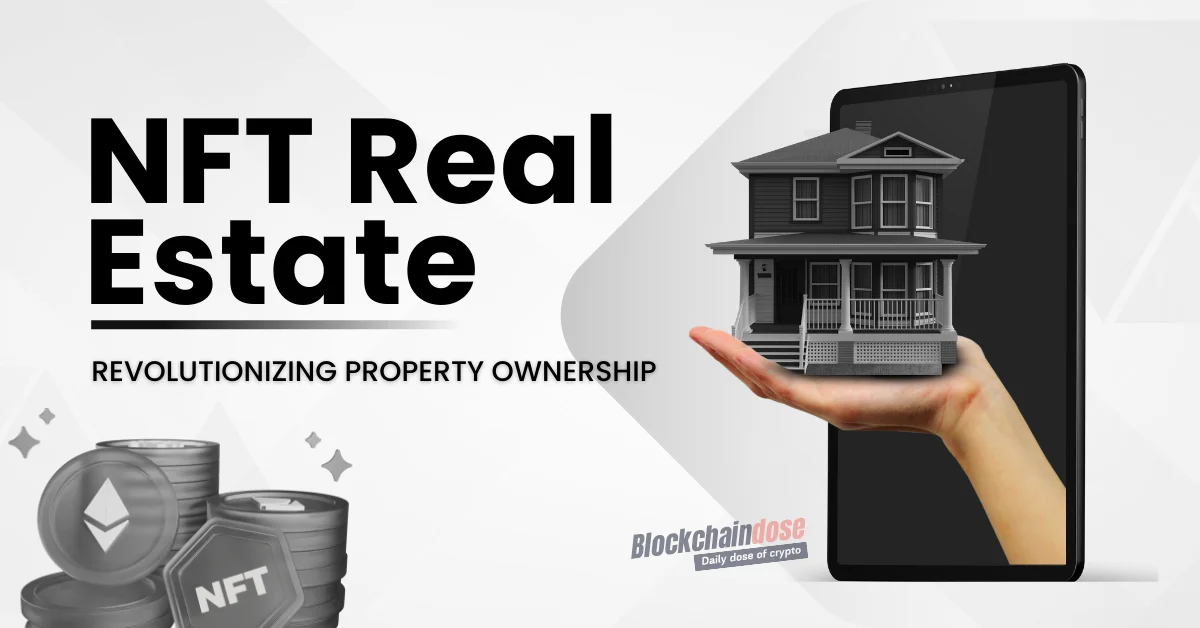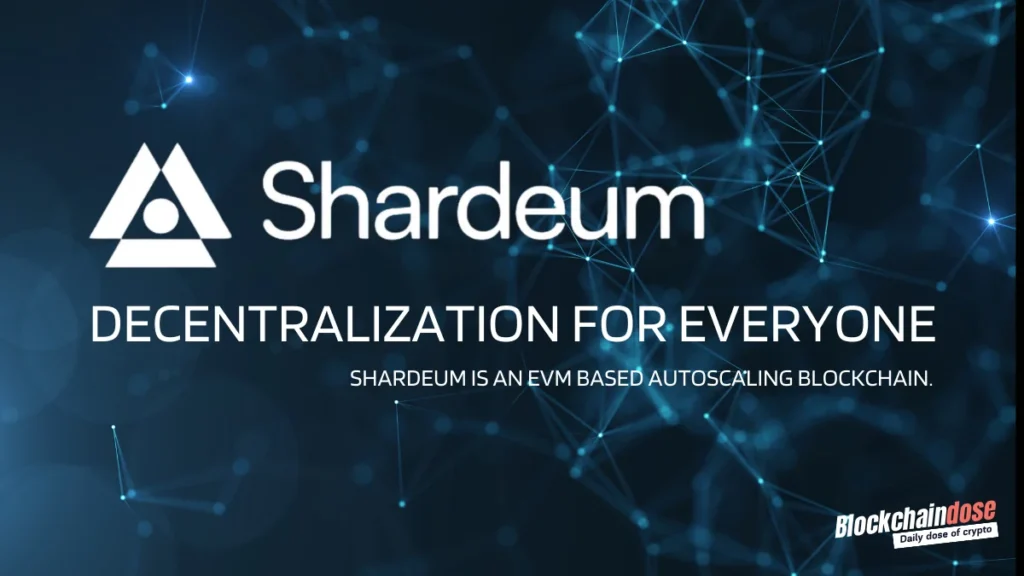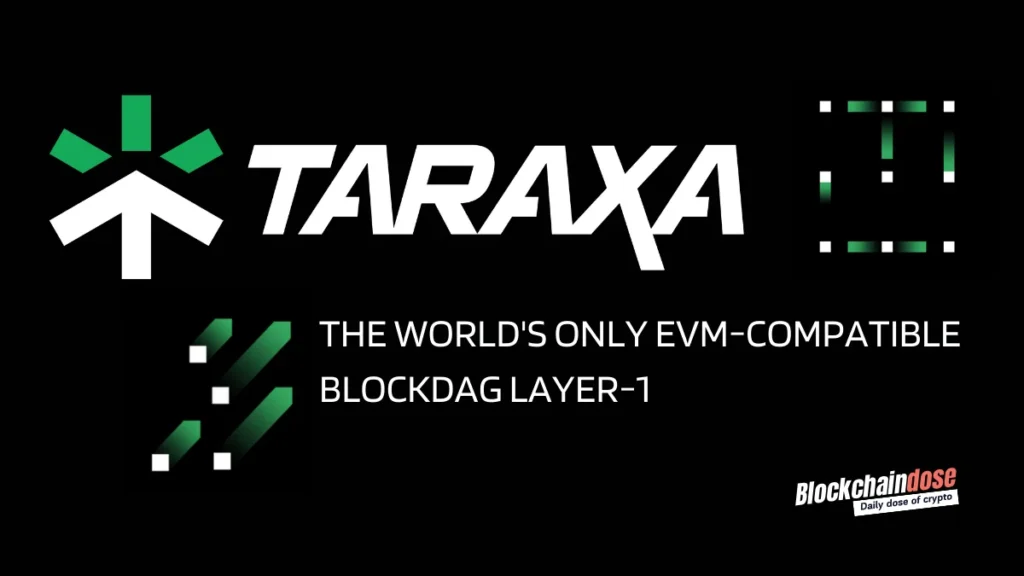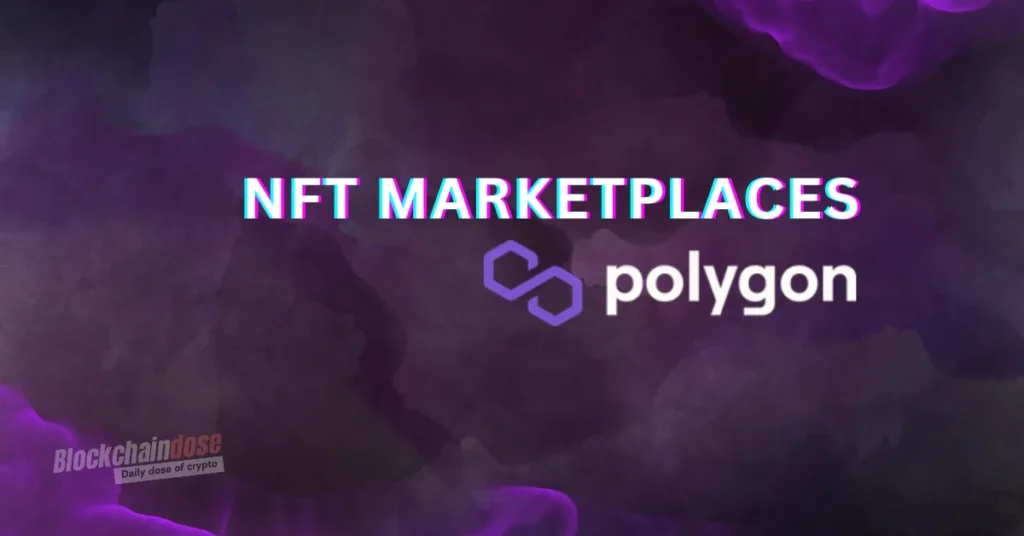The emergence of Non-Fungible Tokens (NFTs) has sparked a revolution across various industries, and real estate is no exception. Real estate NFTs are reshaping how we think about property ownership, bringing transparency, efficiency, and accessibility to an age-old market.
The real estate NFT market has experienced explosive growth. In 2021, the total value of real estate NFT transactions reached $514 million, a staggering 40-fold increase from just $13 million in 2020. This remarkable growth underscores the increasing interest and adoption of NFTs in the property sector.
What Are Real Estate NFTs?
Real estate NFTs merge blockchain technology with property rights. These unique digital tokens can signify ownership of physical properties or virtual real estate in digital realms, often called metaverses. Leveraging blockchain technology, tokenized real estate offers a new way to buy, sell, and invest in property.

How Do Real Estate NFTs Work?
Real estate NFTs operate on blockchain platforms. Here’s how they function:
- Tokenization: Physical or virtual properties are converted into digital tokens (NFTs).
- Smart Contracts: Self-executing contracts manage ownership rights and transactions.
- Digital Wallets: Investors store and manage their real estate NFTs in secure digital wallets.
- Marketplaces: Specialized platforms facilitate the buying and selling.
With each digital token representing a distinct property, buyers and sellers can interact directly with one another. This is cutting away the need for middlemen like brokers. This makes the process of purchasing and selling real estate more effective and economical. NFT token is directly linked the to property. That´s resulting in a more efficient and transparent procedure.
Virtual Real Estate in Metaverse
Virtual real estate refers to parcels of land or properties that exist within a digital universe, known as a metaverse. These properties are bought, sold, and owned as NFTs, which are unique digital tokens representing ownership or other rights.
- Purchase and Ownership: Users can purchase virtual land or properties in a metaverse platform. Each piece of virtual real estate is represented as an token, which is stored on a blockchain. The buyer receives a digital certificate of ownership in the form of an NFT.
- Utility and Development: Owners can develop their virtual land by building digital structures, creating experiences, or hosting events. The value of virtual real estate can increase based on location, popularity, and the developments made on it.
- Marketplaces: Virtual real estate is typically bought and sold on NFT marketplaces specific to the metaverse platform or on general multi-category marketplaces that support such assets. Transactions are completed using cryptocurrencies.

In 2022, the average prices of virtual land NFTs in major metaverse platforms were:
| Platform | Average Price |
|---|---|
| Decentraland | $11,000 |
| The Sandbox | $2,620 |
| Somnium Space | $5,800 |
Notably, the most expensive virtual real estate NFT sale to date was a plot in Decentraland, sold for $2.43 million in November 2021.
Tokenization of Physical Real Estate
Tokenization involves representing a real-world property or a share of it as an NFT, making it easier to sell, buy, or invest in real estate through blockchain technology.
- Property Tokenization: The process begins with converting the property rights or shares into a digital format, creating an NFT that represents those rights. This can include full ownership of a property, fractional shares, or specific rights like rental income.
- Smart Contracts: Transactions involving real estate NFTs are facilitated by smart contracts, which are self-executing contracts with the terms directly written into code. These contracts automate various aspects of the transaction, such as verifying ownership, executing the transfer of rights upon payment, and ensuring compliance with the terms.
Steps to Invest in Real Estate NFTs
- Educate Yourself: Understand blockchain technology, digital tokenized assets, and the real estate market.
- Choose Your Focus: Decide between virtual real estate or tokenized physical properties.
- Set Up a Digital Wallet: Select a wallet compatible with your chosen NFT platform.
- Fund Your Wallet: Purchase cryptocurrency (usually Ethereum) to buy NFTs.
- Research Platforms: Explore reputable real estate marketplaces for digital assets.
- Due Diligence: Investigate properties thoroughly before investing.
- Make Your Purchase: Follow the platform’s process to buy your chosen real estate NFT.
- Manage Your Investment: Stay informed about market trends and platform updates.
Benefits of Investing in Real Estate NFTs
- Accessibility: Fractional ownership lowers the barrier to real estate investment.
- Liquidity: They can be traded more easily than traditional real estate, potentially increasing liquidity.
- Transparency: Blockchain provides an immutable record of ownership and transactions.
- Reduced Costs: Fewer intermediaries can lead to lower transaction fees.
- Global Market: Investors can access real estate opportunities worldwide, without geographical limitations.
Risks and Challenges
While real estate in tokenized form offer exciting possibilities, they come with risks:
- Market Volatility: The NFT market can be volatile, leading to value fluctuations.
- Regulatory Uncertainty: Legal frameworks for NFT ownership are still evolving.
- Technical Complexity: Investors need to understand blockchain technology and digital wallets.
- Security Concerns: As with any digital asset, there’s a risk of hacking or fraud.
The Future of Real Estate NFTs
As technology advances, this could transform the property market. They offer solutions to long-standing issues, such as fraud prevention and inefficient processes. By providing verifiable ownership records and streamlining transactions, NFTs may make real estate dealings more secure and efficient.
The market’s potential is evident, with analysts projecting the total real estate NFT market could reach $5.2 billion by 2026. This growth is further reflected by a 300% increase in real estate companies experimenting with NFTs for property transactions between 2021 and 2023.
Final Words:
When it comes to the NFT real estate relationship, the overall impression sets an example of success that will benefit future developments. With over 500,000 unique virtual land NFT owners across major metaverse platforms as of 2023, and a total market cap of virtual real estate NFTs reaching $1.4 billion in 2022, it’s clear that this innovative approach is gaining traction.
NFTs, which provide reliable ownership confirmation for real estate, provide a much-needed change in these situations. You don’t need to provide proof that you are actually the property’s owner. A property’s digital token provides information on its past owners as well as identifying the property’s legitimate owner.
As we move further into the digital age, real estate NFTs are likely to play a significant role in shaping the future of property ownership.
FAQ – Frequently Asked Questions
NFT real estate functions by tokenizing property rights. This includes both virtual land in digital environments (metaverses) and physical properties in the real world. Each piece of land or a property share is represented as an NFT on a blockchain. This NFT acts as a safe and open proof of ownership. It can be bought, sold, or traded.
Opportunities are present on specialized platforms. These include virtual worlds like Decentraland and The Sandbox. They can also be found on marketplaces. These marketplaces are dedicated to tokenizing physical real estate.
The regulatory landscape for NFT real estate is evolving. Virtual real estate in digital environments may face fewer regulations. However, tokenized physical real estate must navigate existing real estate laws. It also has to comply with securities regulations. Additionally, it must follow emerging guidelines specific to digital assets and blockchain technology.




